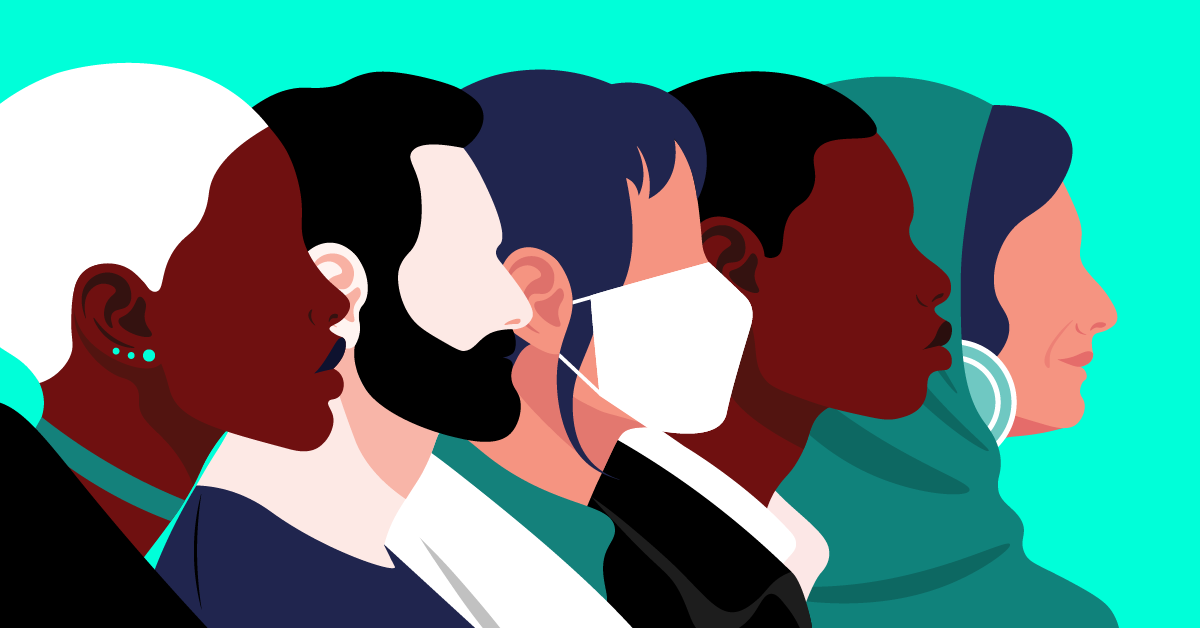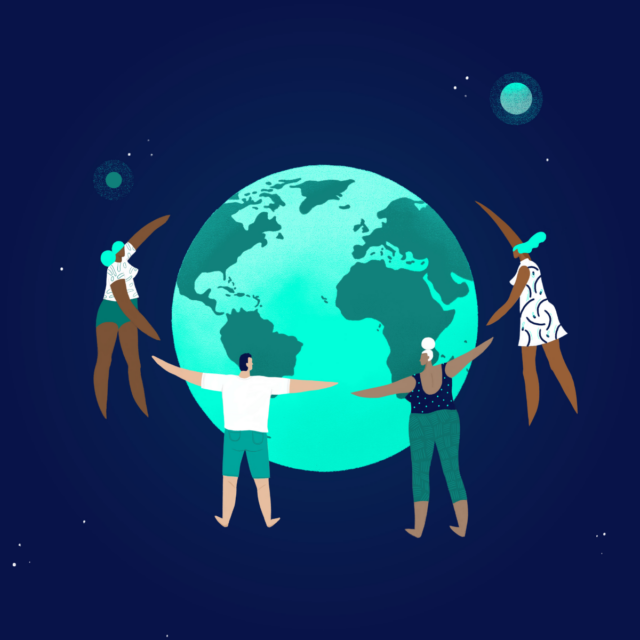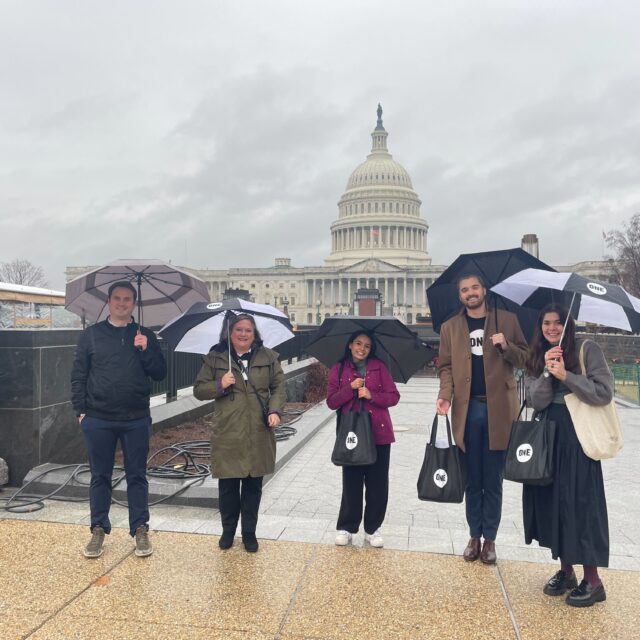At ONE, we strive to build a better world for everyone, everywhere by fighting to end extreme poverty and preventable disease. We’ve spent nearly two decades campaigning for progress by advocating for access to education, gender equality and connectivity, the elimination of gender-based violence, investment into energy and agriculture, and, of course, health.
In recent months, it’s become painfully clear how critical good global health and strong health systems are to our collective ability to live safe and productive lives. The current pandemic has demonstrated what many experts have long advocated: diseases know no borders and that means none of us are safe until all of us are safe.
At the outset of the year, Jenny Ottenhoff, our Senior Policy Director of Global Health, wrote: “The strongest defence against any outbreak is investment in better health systems everywhere…As coronavirus spreads, we’re reminded that global health security is only as strong as its weakest link. Failing to build up strong and efficient health systems around the world reduces our capacity to respond to diseases as swiftly and effectively as possible — which, in today’s hyper connected world, ultimately increases the risk to people everywhere.”
While it’s impossible to turn back time to retroactively bolster health systems, it’s not too late for the world to work together and take action against COVID-19. That’s why we launched ONE World, our campaign demanding solidarity and collective action against COVID-19 from leaders across the planet.
Here’s a rundown of everything the ONE World campaign has covered so far and what you need to know:
We need a global response plan
There are four critical elements that need to be addressed globally if we want to keep everyone, everywhere – no matter where they live – safe from COVID-19. Our petition calls on world leaders to develop a global pandemic response plan.
 COVID-19’s impact in Africa
COVID-19’s impact in Africa
To date, around 70,000 people have been infected with COVID-19 across the African continent and more than 2,000 people have died. Although the pandemic has not hit the continent with the high concentration of cases seen elsewhere, many African countries are struggling from lockdown orders and disruptions in global supply chains. As a result, African countries are facing three key threats: existing health outbreaks, slowing economic growth, and food insecurity.
On the flipside, there are many leaders – like South Africa’s President, Cyril Ramophosa, and the African Union – demonstrating the strong and collaborative leadership required to not only tackle the threats listed above, but to fight COVID-19 too. However, there is always more that can be done. Serah Ugbabe, our Nigeria Director, highlighted three ways the AU can step up its leadership even further.
Senegal is emerging as one of the world’s leading countries in COVID-19 management thanks in part to its ability to implement mass testing at the start of the outbreak. The use of innovative tech is also playing a role in keeping infection rates low. Here’s how.
At the community level, citizens are mobilizing themselves to keep safe and support grassroots efforts to fight COVID-19. Carine and Wondwossen, ONE Champions in Kenya and Ethiopia, spoke with us to share their experiences leading initiatives like food drives and education campaigns within their communities.
 The power of debt relief
The power of debt relief
Ahead of the G20 Finance Ministerial meeting, we joined forces with 200+ other organizations to ask for urgent debt relief for the world’s poorest countries. Debt relief is one of the fastest and easiest ways to enable governments to free up funding for in-country emergency response efforts. The good news: it worked! The G20 agreed to suspend debt repayments from the world’s poorest countries by request for the rest of 2020. The G20 also called on the World Bank, the IMF, and private lenders to follow suit and provide similar debt relief.
With 64 countries — including 30 in sub-Saharan Africa — spending more on repaying debt than investing in public health, this was a positive first step forward. But it’s not enough. Our Policy team has three recommendations for how financing can be freed up even further in the countries that need it the most.
 Our exit strategy out of this pandemic
Our exit strategy out of this pandemic
Seth Berkley, CEO of Gavi, the Vaccine Alliance, said, “If we want to end this pandemic, minimize the loss of life, and return to some semblance of normality … we need vaccines.” Importantly, once we have a vaccine, we need to make sure everyone has access to it – no matter where they live or how much they earn.
It takes an average of 10 years to research and develop new vaccines. And, it can take up to seven years from the time a vaccine is first licensed to when it’s accessible in most developing countries. The world can’t wait for business as usual to end this crisis. When a vaccine is safe and ready for distribution, organizations like Gavi will play a critical role in ensuring there is rapid and equitable access.
Want to read more? Dive into our policy report, Vaccines and Treatment: The Exit Strategy, here.
 Collective investment for therapeutics and a vaccine
Collective investment for therapeutics and a vaccine
Shortly after the World Health Organization launched its new ACT Initiative, the European Union hosted a virtual pledging event to unite governments, nonprofits, and philanthropists together in a bid to raise much-needed funds to accelerate the development of a COVID-19 vaccine and treatments. ONE rallied supporters to call on leaders to demonstrate collective action at the pledging conference. By the end of the virtual conference, donors from 40+ countries pledged a collective €7.4 billion, which will go a long way towards kick-starting a global effort for the development of an effective treatment.
 We’re all in this together
We’re all in this together
While the effects of COVID-19 on day-to-day life have, at a minimum, been challenging, it has been powerful to witness the world undergoing a collective experience. That’s why we’ve asked our supporters to share their uplifting stories of solidarity with us.
Want to read more? Check these out:




